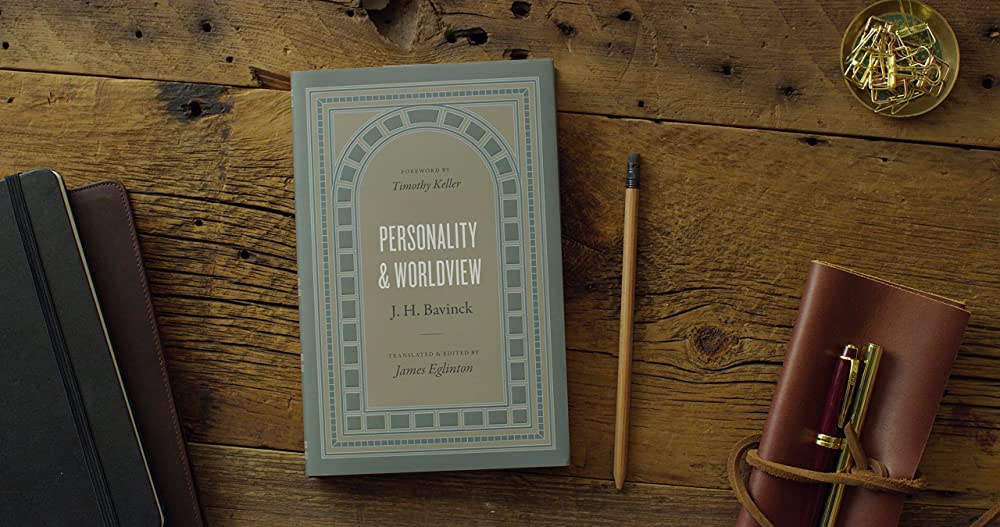 In a previous post the story was shared on my friends tardiness during a lunch appointment. The experience taught me a theoretical balance towards being punctual. The balance is found by our desire to strive to be on-time, but being able to give grace to others when they’re late.” In theory this quote sounds good, but specific applications are needed. As the last post stated, “We must learn how to ‘plan to wait.’” Again, this new quote theoretically sounds good so here are two practical suggestions.
In a previous post the story was shared on my friends tardiness during a lunch appointment. The experience taught me a theoretical balance towards being punctual. The balance is found by our desire to strive to be on-time, but being able to give grace to others when they’re late.” In theory this quote sounds good, but specific applications are needed. As the last post stated, “We must learn how to ‘plan to wait.’” Again, this new quote theoretically sounds good so here are two practical suggestions.
Prepare for Downtime:
Everyone is going to be late from time-to-time. There is nothing we can do to change their approach. Asking them to be more considerate can even destroy our relationships. Fortunately, we can change ourselves by preparing for another’s tardiness. For example, when I’m meeting someone for lunch, coffee, or even at their office I try to have something to do. It may be a book, even if I only read one page while I wait I feel productive. We can also take our laptops, smartphones, tablets, so the time focuses on a needed task. In fact, the start of these two articles initially began when my friend was late. As I was waiting for him, I had my laptop with me so I could begin writing in his absence. This approach is one way we can “plan to wait,” but it’s not the only way.
Create Margin:
We overbook our calendars and schedules. This approach to our lives only adds tension when someone is late for an appointment with us. A simple five-minute delay can throw the rest of the day off. When this inconvenience happens we have to remember who’s really at fault: us. No one else creates the demands on our schedule than ourselves. We’re the ones who refuse to say no when our schedule is already too busy. Therefore the solution is to create margin in our schedule.
Margin begins by overbooking the time for our appointments than the number of appointments we cram onto the calendar. For example, if we have a meeting that’s only suppose to last for 60 minutes, plan it for 90 minutes. The extra time will create the margin to give others the benefit of the doubt should they be late. Also, meetings can run over, and it will decrease stress on the backside of a lengthy meeting. If neither scenario occurs and the meeting’s time works to perfection, then you have more time to be productive. No matter the situation this simple tactic helps us manage our stress. Remember, the old phrase: “less is more,” applies to our schedules too.
There are other ways to create margin, but these simple tactic are great habits to start. Both “plan to wait” and creating margin in our schedule can relieve our anxiety when we feel stood up. Combined these approaches also protect our time, relationships, and productivity where everyone wins even when one of us is tardy. So together let’s “plan to wait” and build some margin with each other.



